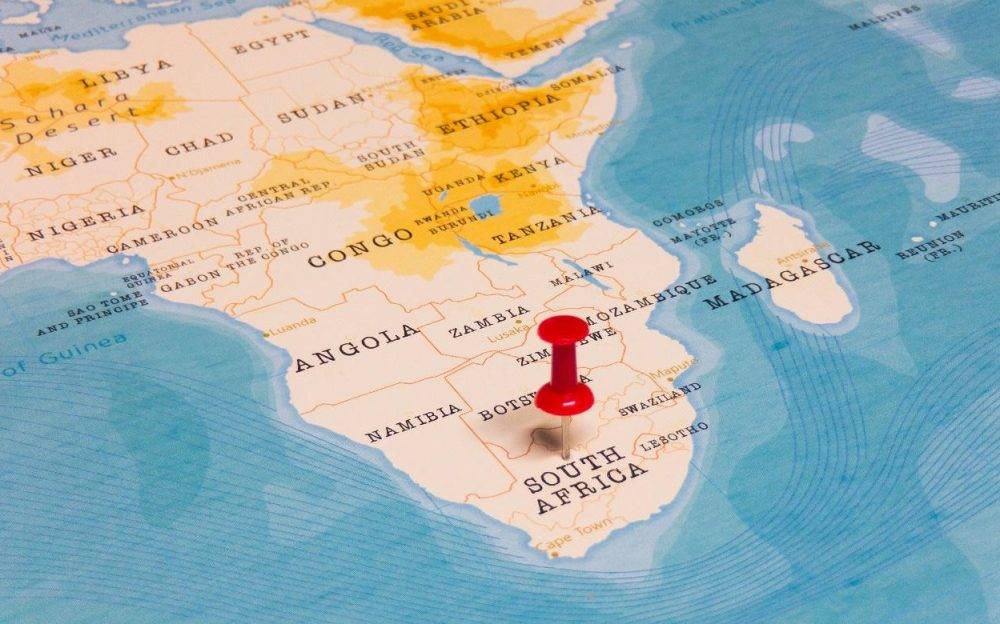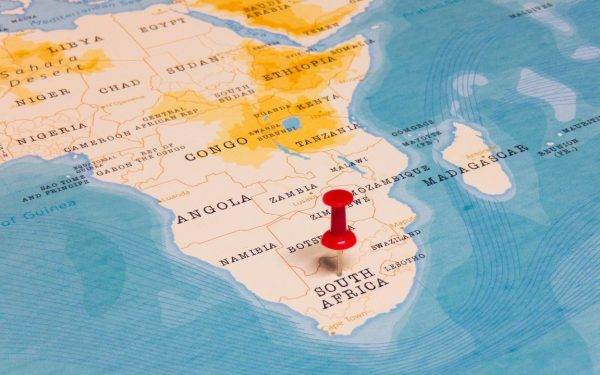
Discover how South Africa’s online gambling industry is being impacted by outdated laws and legislative delays
Over the last few years, South Africa has experienced a sports betting boom. South Africa is a country of sports fans. Whether rugby, soccer or cricket, South Africans will be watching in their droves. When watching sports, it is hard not to notice the rise of betting companies. These companies sponsor some of the country’s most prominent sports tournaments, professional teams, and stadiums. They invest heavily in advertising, featuring prominently on billboards, TV, and social media platforms. But beyond sports betting, the wider online gambling industry in South Africa is still lagging.
The current laws surrounding online gambling in the country remain restrictive, which has slowed the growth of the industry. These delays limit both operators and players, creating a complex environment for businesses to thrive. However, some platforms are still able to offer players opportunities, especially when players register via NoDepositCasino.guide, which provides access to casinos that comply with local regulations. This gives players a legal way to engage in online gambling despite the legislative hurdles. Yet, until clearer guidelines are established, the industry’s growth will likely remain stunted
The Rise of Sports Betting in South Africa
Online sports betting is legal in South Africa and has become a massive industry. Betting platforms have evolved, offering traditional sports betting and online gaming products that mimic casino games. These platforms have embraced various betting opportunities, including live in-game betting, virtual sports, and other innovative forms of online wagering.
While the sports betting sector has flourished, the same cannot be said for the broader online gambling market. Unlike sports betting, online casinos and other forms of interactive gambling have not gained legal ground in South Africa, leaving a significant portion of the global gambling industry untapped within the country.
Why is Online Casino Gambling Restricted?
Online casino gambling is not permitted under South African law. This legal restriction stems from the National Gambling Act of 2004, which prohibits any form of online gambling except for sports betting. Even though the National Gambling Amendment Act was passed in 2008 to address online gambling, it has yet to come into effect. This delay has stunted the growth of the online gambling sector in South Africa, while other countries have made considerable strides in this space.
In the absence of clear legislation for online casino games, South Africa remains out of step with the global trend. The global online casino market has surpassed $60 billion, and South African companies and entrepreneurs could be missing out on the opportunity to compete in this thriving sector.
Understanding the Legislative Delay
The National Gambling Amendment Act of 2008 was designed to regulate online gambling beyond just sports betting. However, 16 years after its approval by the National Assembly, it has yet to be enacted. The act was expected to allow for the legalisation and regulation of interactive gambling games. These include online gambling activities but exclude those taking place within traditional casinos. Under current law, online betting on events with uncertain outcomes, such as sports matches, is allowed. However, online gambling involving games like poker or virtual slot machines—where participants pay for a chance to win—is prohibited.
Efforts to Regulate Online Gambling
In response to the legislative gridlock, the Remote Gambling Bill of 2024 has been introduced to Parliament. This private member’s bill seeks to regulate all forms of remote gambling in South Africa. It would create standards and norms for gambling activities that take place over the internet, cell phones, or other forms of remote communication. The bill aims to categorise all remote betting, including virtual games, sports betting, and equal chance gambling, under the same framework.
The Need for Regulatory Certainty
The delay in regulating online gambling has had massive consequences. South Africa’s lack of an established online gambling sector means that players are often driven to unregulated, offshore platforms. This not only presents risks to consumers, who have little protection if something goes wrong but also results in the loss of potential tax revenue for the government.
Both of the delayed pieces of legislation would provide much-needed clarity and certainty to the online gambling market in South Africa. Should either of these legislative measures be passed, it could pave the way for the growth of a regulated online gambling industry, with proper licensing, taxation, and consumer protection mechanisms.
The Economic Impact of Delayed Legislation
By not fully regulating online gambling, South Africa is potentially losing out on significant economic benefits. Countries that have embraced online gambling have seen substantial growth in revenue, job creation, and technological innovation. A regulated online casino market could help South Africa capture its share of this booming global industry.
Additionally, with proper regulation, South African companies would be able to compete on the international stage. Currently, offshore operators dominate the market, as domestic companies cannot legally offer the same services. By enacting laws that provide a clear framework for online gambling, South Africa would have the potential to become more attractive to investors, both locally and internationally.
A Call for Action
In short, the online gambling sector in South Africa remains hindered by outdated laws and legislative delays. While sports betting thrives, other forms of online gambling are left in limbo. Passing either the National Gambling Amendment Act or the Remote Gambling Bill would be a significant step forward. It would allow South Africa to regulate, tax, and expand its online gambling industry, providing economic opportunities and safeguarding consumers.
Ultimately, the longer the legislative process is stalled, the further South Africa falls behind in an industry that is only growing larger on the global stage. So there is no doubt that it’s now time for policymakers to tackle these setbacks and rethink the country’s approach to online gambling.
